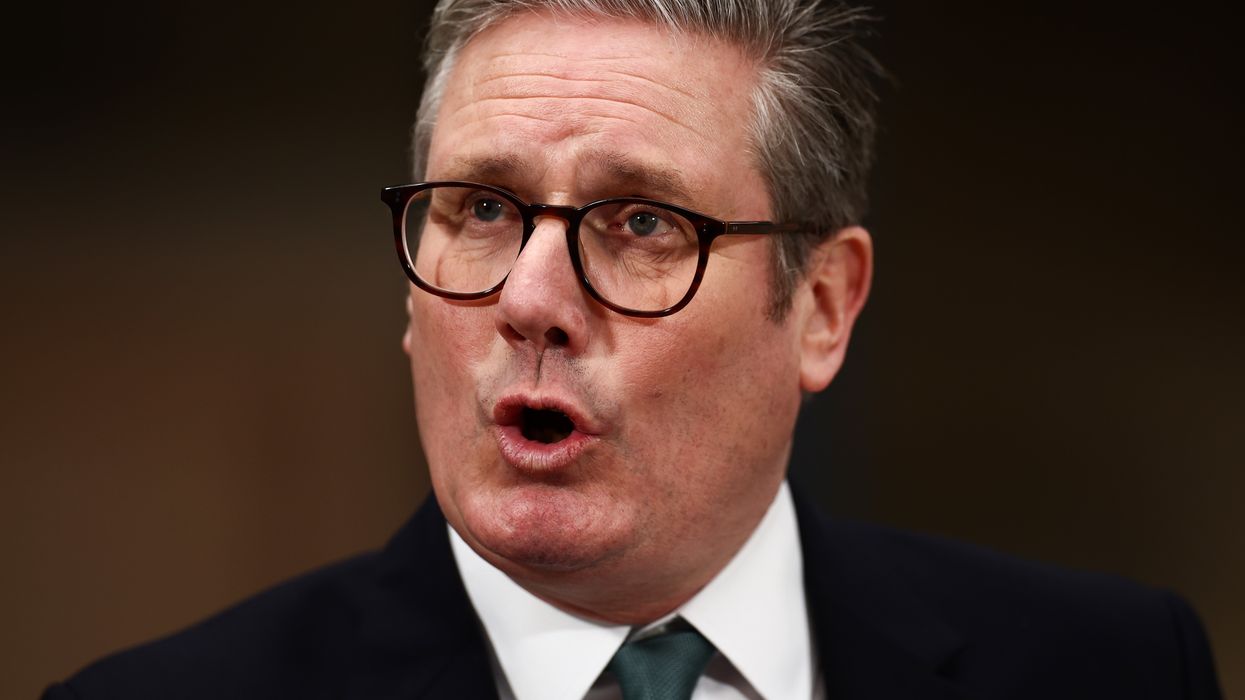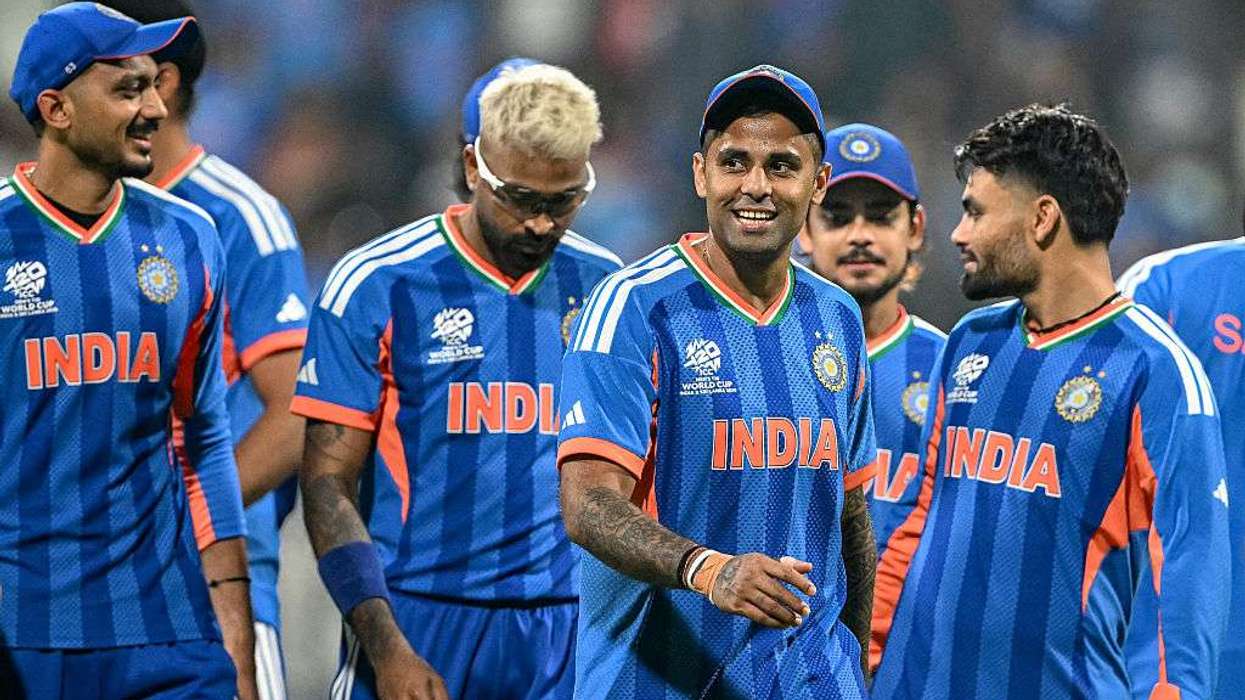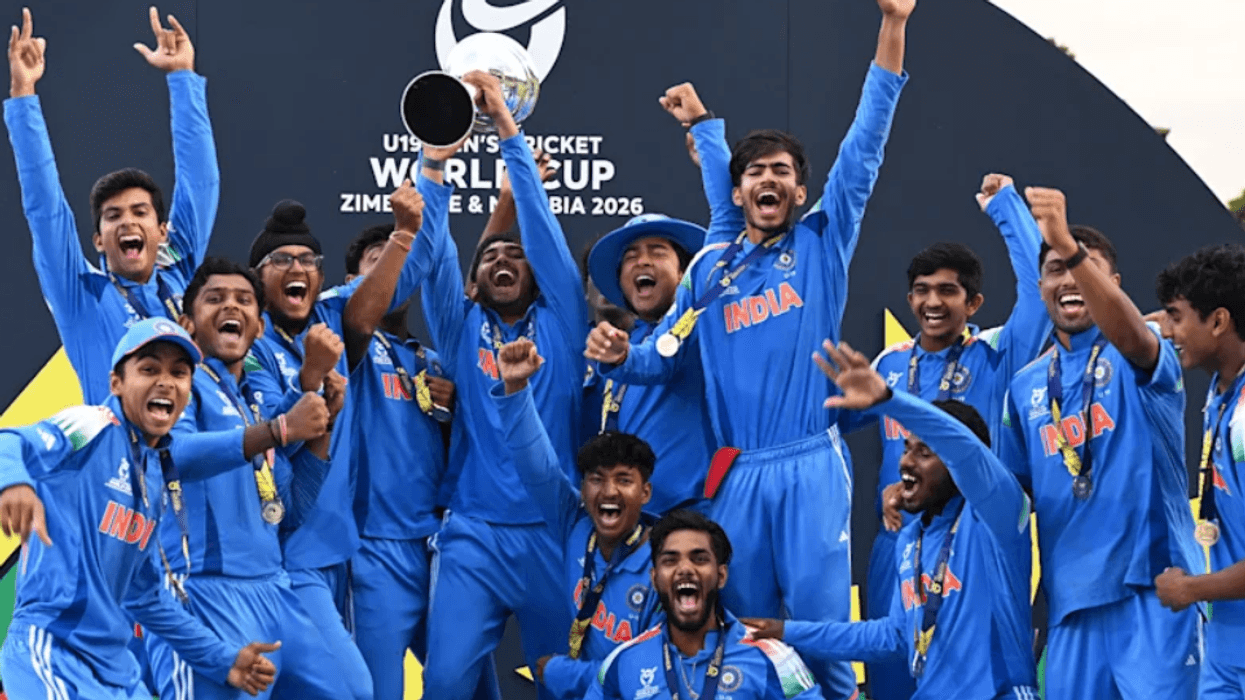Donald Trump’s second inauguration as America's President next week is the sequel that few of us here wanted to see. Trump was the democratic choice of 50% of America's voters again this time, baffling most people on this side of the Atlantic. We share a common language and many cultural influences, but Britain is not America when it comes to politics.
But how confident can we be that Britain will not become as deeply divided as Donald Trump's America? The frenzy with which Elon Musk made himself the main character, opening this year in British politics, showed how technology shrinks the ocean between us. Britain is far from immune from the populist, polarised politics that took Trump to victory. This is a less deeply divided society than America, but the next four years are likely to see that tested as never before.
The British public are mainly balancers when it comes to the key challenges presented by this new Trump era. But can the centre hold off the populist challenge in volatile times?
The public want Keir Starmer’s government to strike a balance in navigating choppy diplomatic waters. Only one in six people want the prime minister to focus more on the UK-US partnership, while a third would prioritise Britain’s European links. Giving American and European relationships equal priority is the most popular choice for the voters of every party, in new Focaldata research for British Future. The challenges of this new Trump era have helped to put Britain’s Brexit divides into perspective. Keir Starmer and his European counterparts have broad, pragmatic permission to forge closer relationships to advance mutual interests - on growth, security, climate and managing migration effectively.
The British are mostly balancers on the great free speech debate - seeing the risks of both over-policing and under-policing online speech. Robust arguments must be part of a democratic society, but platforms should not be lax on hatred, abuse and the incitement to violence.
Facebook founder Mark Zuckerberg last week honoured Donald Trump’s US mandate by ditching fact-checking and weakening Facebook’s rules on extreme content. Zuckerberg was quite open about his plan being to press Trump’s White House to deter other governments from policies or regulations which might cut into platform profits. Elon Musk's mission to bring down the British government reflects a complex cocktail of impulse, insomnia and hard-headed business interests. Musk can gain by exporting instability and polarisation.
So expect Trump’s alliance with the tech billionaires to be a source of Transatlantic tension. Trump was never on the ballot here - and this American push to weaken enforcement against hateful conduct is likely to strengthen the social consensus here that the major platforms have got this balance wrong.
One reason America’s polarisation runs so deep is that it includes so many hot button issues. Some of America’s deepest divides - such as abortion and gun control - are on issues where there is a settled British consensus. The core principles of the NHS unite Britain as much as the politics of healthcare divide the US.
Populism in Britain has a much clearer focus - on immigration and asylum - spilling over into adjacent issues of race and integration.
Tackling the politics of populism in Britain is primarily about how to get immigration right. Most people are balancers on immigration too - seeing pressures and gains from immigration and wanting to see the government combine control and compassion on asylum. But the increasingly polarised politics of immigration make holding that centre-ground difficult.
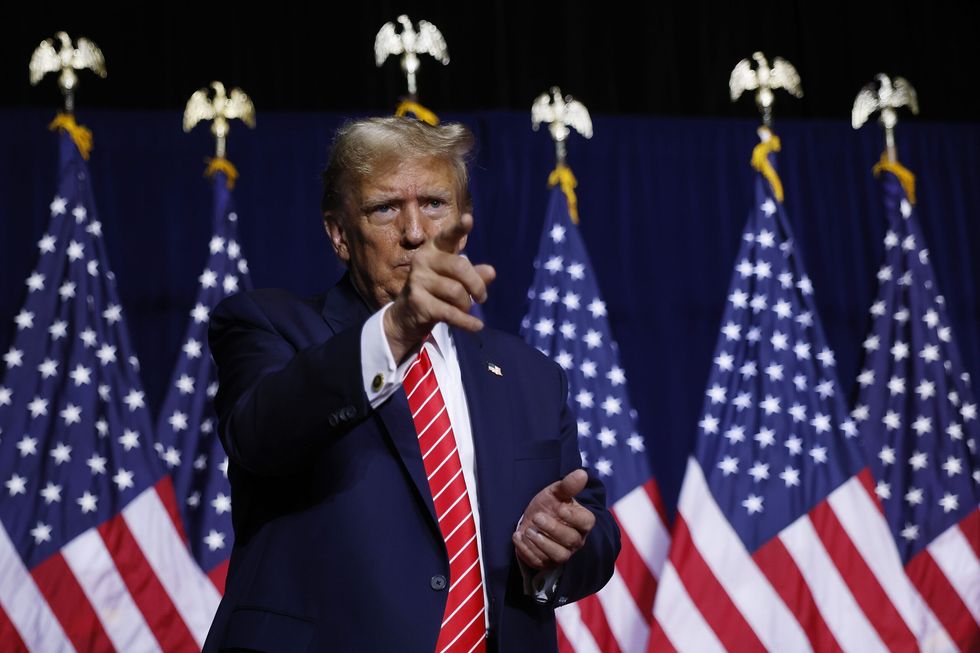
At British Future we’re working with Frank Sharry, among the leading US experts on immigration politics, to understand the lessons from Trump’s victory and the Democrats’ defeat for those seeking to defuse populism in Britain.
Sharry was a lead adviser to the Kamala Harris campaign on immigration. But he was frustrated by how the Democrat strategy of talking about the economy instead -– hoping not to increase the profile of immigration – allowed Trump to define the agenda and Kamala Harris in his own terms.
“One big lesson for Keir Starmer from the American experience is that, in government, you have to get the politics and the policy right”, he says. Opposition and populist parties can talk about the issue. Governments need to deliver solutions too. The Biden administration, having struggled with the border crisis for three years, made dramatic progress in his final year on unauthorised crossings, but too late to change the politics.
The stakes are high on whether Keir Starmer’s government can now find the antidote to the populist politics of immigration. Sharry adds: "Populists weaponise migration in order to exploit grievances and gain power. Centre-left Democrats – from the UK to the US to the EU – need to manage and mitigate migration with control and compassion to extend and defend democracy. We got it wrong in America. We are counting on Labour and the UK to get it right." Britain is not America. Learning from what went wrong can help us to keep it that way.
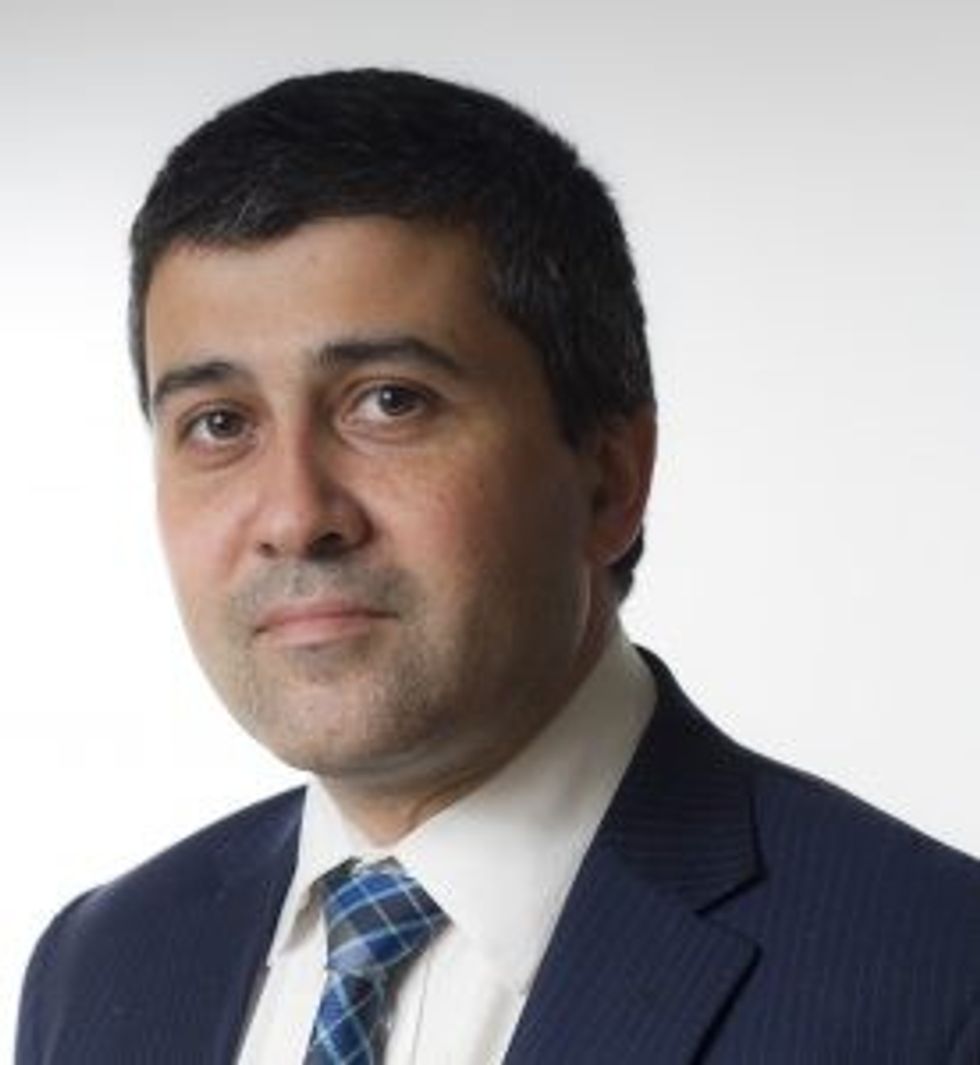
Sunder Katwala is the director of the think tank British Future and a regular contributor to Eastern Eye
